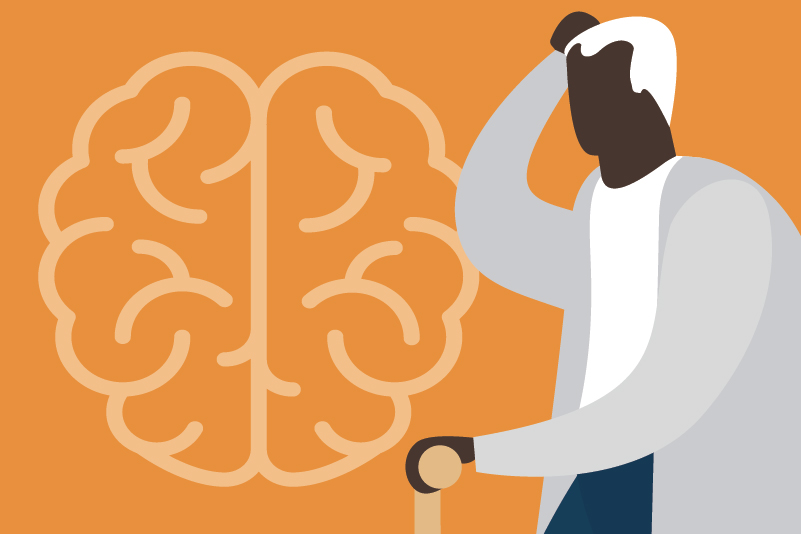#120 Melatonin for sleep: Exhausted by other options?

Reading Tools for Practice Article can earn you MainPro+ Credits
Join NowAlready a CFPCLearn Member? Log in
- Falling asleep faster: four of six meta-analyses statistically significant.1-5
- Overall: 4-11.7 minutes sooner.1,3,5
- “Sleep onset disorder” patients: 23 minutes sooner.2
- Increasing total sleep time: four of six meta-analyses statistically significant.1-5
- Overall: 8.2-18.2 minutes more.1,4
- Improving sleep quality:
- Perceived sleep quality: standard mean difference=0.22 (0.12-0.32) improvement1 (of marginal clinical significance).
- Sleep efficiency (time asleep while in bed): two of four meta-analyses statistically significant.3-5
- Improved 1.9%-2.2%.4,5
- Jet lag/shift workers: significantly improved total sleep time, 18.2 minutes (8.1 to 29.3), but other outcomes (sleep onset, quality) not improved.4
- Short-term adverse events: no difference in any including headache, dizziness, nausea, or drowsiness.3,4,7 Long-term unknown.
- Issues include small studies (averaging only 20-30 patients per RCT),2-5 short duration (many one day,5 most <4 weeks1-5,7), inconsistent results in RCTs,1,3-5,7 low quality (example <25% have concealed randomization),3,4 subjective reporting of sleep (up to ~40% of RCTs use diaries),1 use of rating scale without clinical meaning (subjective jet lag).6
- Melatonin has inconsistent dose-effect relationship between 0.3-5mg.1,3,5-7
- As a result, the “recommended dose” is 0.3-5mg.8
- Melatonin typically taken:
- Before morning sleep in shift-workers.
- Close to local bedtime in travelers.
- ≤2 hours before bedtime in insomnia.6,7,9
- Guidelines suggest melatonin: (1) may be effective for jet lag9,10 and delayed sleep phase disorder;11 (2) has insufficient evidence for recommendations in insomnia;8 (3) recommendations in shift-workers variable.9-11
- Benzodiazepines, non-benzodiazpines, and antidepressants reduce sleep onset latency by 10-20, 13-17, and 7-12 minutes, respectively.12
- Melatonin costs ~$2.00-$7.50/month.















Excellent review